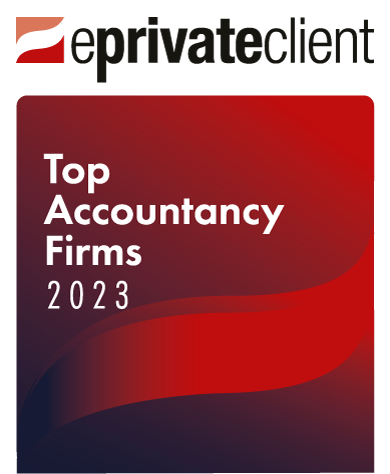
Earlier today the current Chancellor announced the Spring Budget 2023. Our Corporate tax team share their summary of the key changes.
Corporation tax rates
At the Spring Budget 2021, the Government announced changes to corporation tax rates from 1 April 2023 onward. As previously announced, the main rate of corporation tax will increase to 25% for companies with profits in excess of £250,000 per annum. The 19% corporation tax rate will continue to apply for companies with profits of less than £50,000 per annum, and a marginal rate will apply between the two thresholds.
As a softener to the increase in tax rate, the Chancellor today announced accelerated tax relief on capital investment.
Capital allowances and reliefs:
Full expensing
The first element of the announcement is to introduce full expensing for capital expenditure incurred by companies for the next three years. Companies incurring qualifying expenditure on the provision of new plant and machinery on or after 1 April 2023 but before 1 April 2026 will be able to claim one of two temporary first-year allowances. These allowances are:
- a 100% first-year allowance for main rate expenditure – known as full expensing; and
- a 50% first-year allowance for special rate expenditure.
This relief is aimed at large companies incurring more than £1 million on capital expenditure.
Annual Investment Allowance
As announced on 23 September 2022, the Government will also make the temporary £1,000,000 limit for the Annual Investment Allowance permanent with effect from 1 April 2023. This capital allowance is available to nearly all incorporated and unincorporated businesses, covering expenditure on most plant and machinery including second-hand assets and those acquired for leasing.
First-year allowance for electric vehicle charge-points
As announced at Autumn Statement 2022, the government will extend the first-year allowance for electric vehicle charge-points by two years. This will extend the allowance until 31 March 2025 for corporation tax purposes and 5 April 2025 for income tax purposes.
Want to invest further – think about an Investment Zone
Another iteration of geographically targeted incentives was announced in the Spring Budget 2023. The Government will establish 12 Investment Zones across the UK, subject to successful proposals. Each zone will have access to interventions of £80 million over 5 years.
Once designated, special tax sites will benefit from a package of tax reliefs including Stamp Duty Land Tax (SDLT) relief, enhanced capital allowances for plant and machinery, enhanced structures and buildings allowances, and employer’s Class 1 National Insurance contributions (NICs) relief. The reliefs will be time limited with the exact end date confirmed at a future date. The legislation will also provide for the power to amend the date by which conditions need to be met for the purposes of the tax reliefs and NICs relief.
R&D reliefs
The Spring Finance Bill 2023 to reform the R&D reliefs will create two new categories of qualifying expenditure for R&D tax relief, on data licences and cloud computing services. Changes proposed previously will apply generally to accounting periods starting on or after 1 April 2023 with the exception of the requirement to:
- Provide additional information; and
- Inform HMRC of their intention to make a claim for R&D tax relief using a new digital form.
These will apply to all claims made on or after 1 August 2023.
Additionally, the previously announced restriction on some overseas expenditure will now come into effect from 1 April 2024 instead of 1 April 2023. This will allow the government to consider the interaction between this restriction and the design of a potential merged R&D relief which has been consulted on recently.Other announcements
Alongside the targeted changes to encourage investment by large companies, the Chancellor introduced the following measures:
- the introduction of new transfer pricing documentation legislation, including specific documentation requirements;
- update to the rate of the patent box deduction to ensure consistency with corporation tax rate changes;
- an amendment to the reporting requirements of the corporate interest restriction regime,
- changes to the process to grant EMI options, and
- the introduction of time limits for claims relating to double taxation relief.





